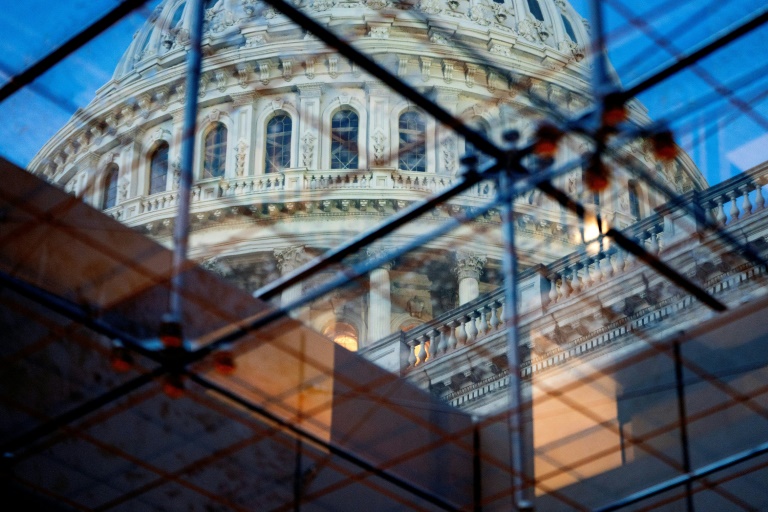AFP
The so-called stopgap measure that would fund the government temporarily and avoid a full shutdown was rejected by the House of Representatives.
The final vote was 198 in favor and 232 against, with 21 Republicans joining Democrats in opposition to the bill championed by House Speaker Kevin McCarty.
With the measure, McCarthy tried to address demands of far-right Republicans by cutting government spending and imposing restrictions on immigration. It was already considered a long shot as Democrats in the House and the Senate, as well as the White House, were opposed to it.
If Congress doesn’t approve a spending bill to be signed by President Joe Biden by the end of Saturday, non-essential government activities will be suspended the next day.
That includes closure of national parks, suspension of payment of federal employees, with potential impacts on Social Security and even air travel.
The Senate is moving forward with an alternative stopgap measure, supported by both Democrats and Republicans. McCarthy rejects the idea of bringing that bill to a vote in the House.
“I look at the current Senate bill that does nothing when it deals with border security,” McCarthy told CNBC in an interview Thursday.
Earlier this year, Biden and McCarthy agreed to a budget of $1.59 trillion for the fiscal year in an initial attempt to avert a government shutdown. Since then, a group of Republican lawmakers have been pushing for additional cuts.
“They are breaking their word, abandoning the bipartisan deal that two-thirds of them voted for just four months ago, and marching our country toward an Extreme Republican Shutdown that will damage our economy and national security,” the White House said in a statement Friday. “The path forward to fund the government has been laid out by the Senate with bipartisan support—House Republicans just need to take it.”
The previous government shutdown was the longest and occurred during the Trump administration. It lasted 35 days, ending in January 2019.






